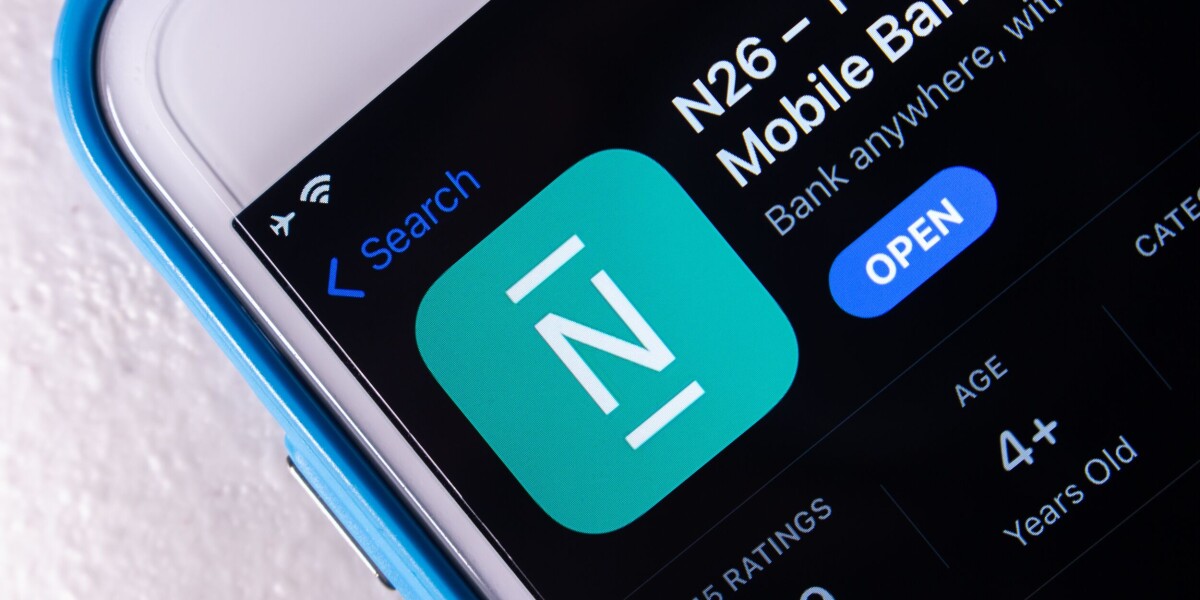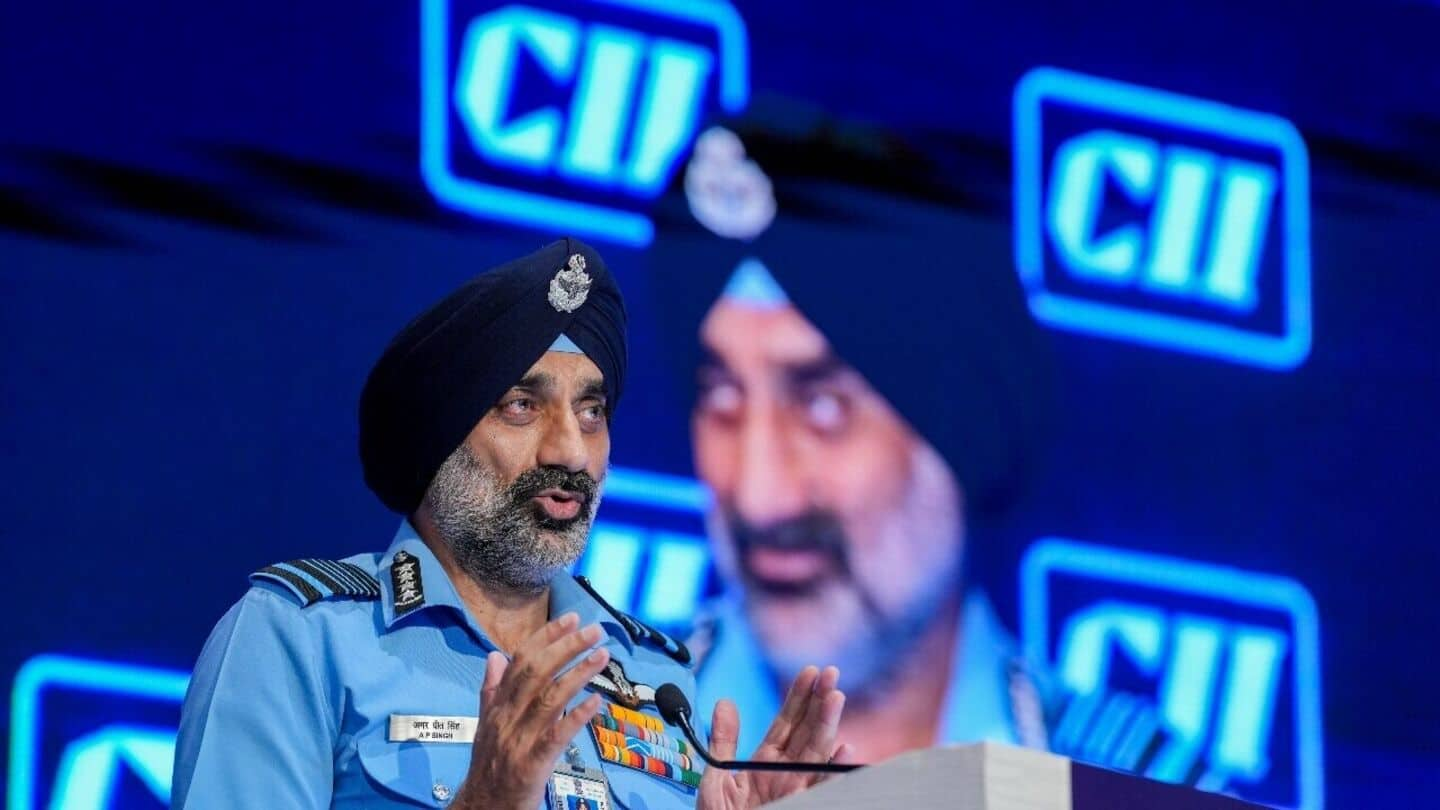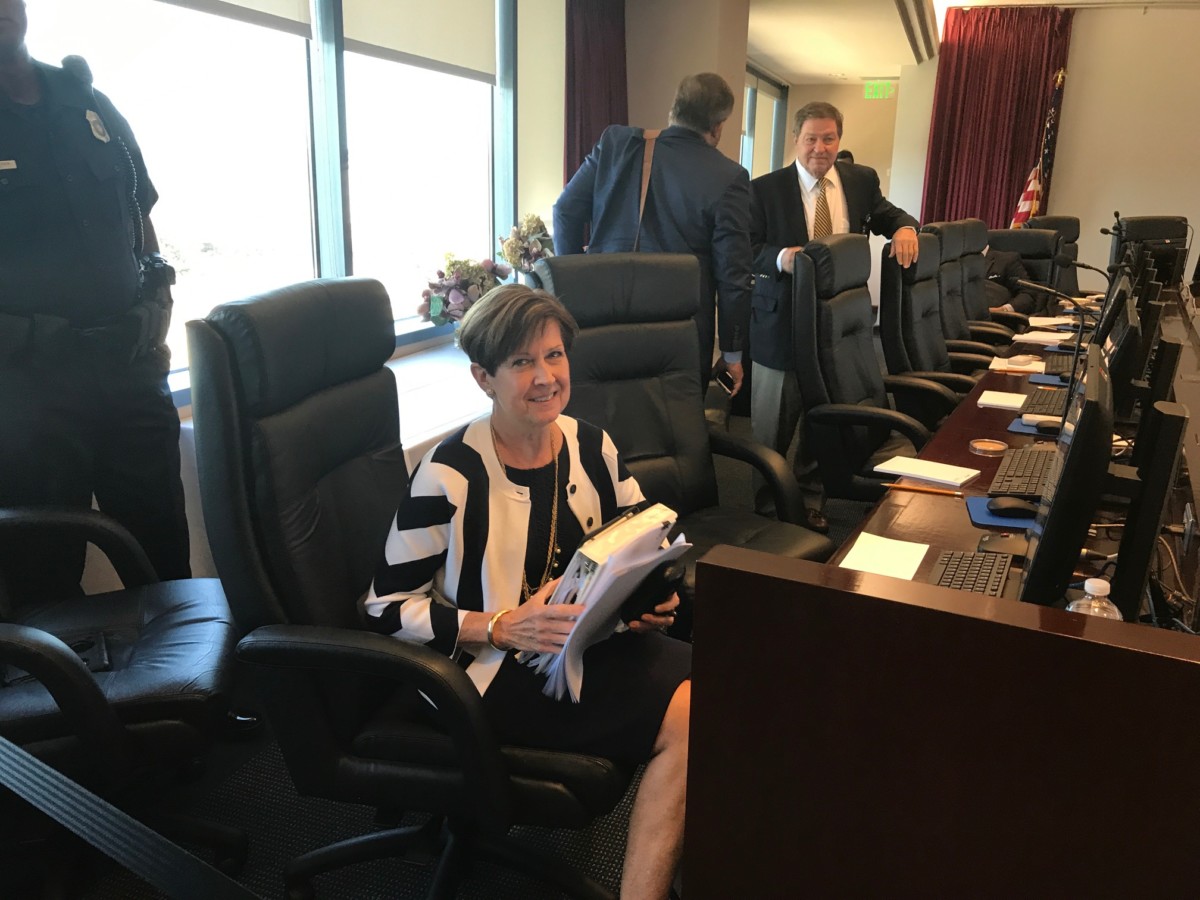
- Select a language for the TTS:
- UK English Female
- UK English Male
- US English Female
- US English Male
- Australian Female
- Australian Male
- Language selected: (auto detect) - EN
Play all audios:
While the invasion of Normandy, known as D-Day, is celebrating its 80th anniversary, for one Veteran, many of the events are still crystal clear. Richard Lozano Correa, US Army Veteran, said
he was 18 years old and still in high school when he was drafted into the Army, but asked his mother to sign a form so that he could go to bootcamp right away, rather than waiting until he
finished high school. Correa was raised in a family of eight brothers and one sister, and he said he was eager to go join one of his brothers, who was already in the war, and fight Hitler’s
forces. Correa, a member of the US Army 4th Infantry Division, was part of the second wave to assault Utah Beach in Normandy. He was awakened in his barracks in Plymouth, England, and told
to load up onto the Navy Long Shore Transporter ship with the trucks, and away they went. He said he was happy to be there, and committed to freeing the people being held by the Germans. The
second wave proved to turn the tide of battle, and he was amazed to see the Germans start running away. He felt a sense of brotherhood with his fellow Soldiers, and any remaining sense of
fear was replaced with a sense of determination as he became a scout for his company following the successful assault of the beach. Correa’s adventures didn’t end there, as a timeline shared
by his daughter, Mary Wallis, showed. He fought his way through France before being injured near Paris on July 4, 1944, and was sent to the 192nd General Hospital in Cirencester,
Cloucestershire, England, where he received a Purple Heart. In October of 1944 he returned to the front lines and was part of the Battle of the Bulge in the Ardennes Forest, a region spread
through Belgium, Luxembourg, France and Germany, where his division was whittled down to one officer and eight infantrymen. Afterward, they moved to Echternach. On Dec. 20, 1944, Correa was
captured along with 240 other Soldiers in the siege of Bastogne, Germany, and became a Prisoner of War in Luckenwalde, Germany, at Stalog III A. In April 19, 1945, the Germans had begun to
surrender, and he was one of 54 Soldiers to escape. It was on May 1, 1945, that Correa finally began his journey back to the US, ending his WWII experience, and was honorably discharged on
Nov. 1, 1945, living a lifetime of military experience in two years, one month and seven days of service. During his time of service, he was awarded the Silver Star, the third highest
military decoration. He continued to maintain contact with fellow members of the 4th Infantry Division in the years following the war, later finding out that one of them had lived in a
neighboring city and went to the same high school as him, and even those that had died strengthened his resolve that he was doing the right thing by fighting against Hitler in the war. He
also appreciated the care he’s received from VA following the war. “They’ve been treating me very good since I started coming to the hospital,” said Correa. The process has also improved
from having to go from one office to another to receive benefits when he first started receiving care, to being more centralized currently. He also recommends the military for today’s young
men and women, both for personal growth and camaraderie. “You learn a lot more than just how to fight, you learn how to treat other people,” said Correa. “They become friends, like
brothers.”









